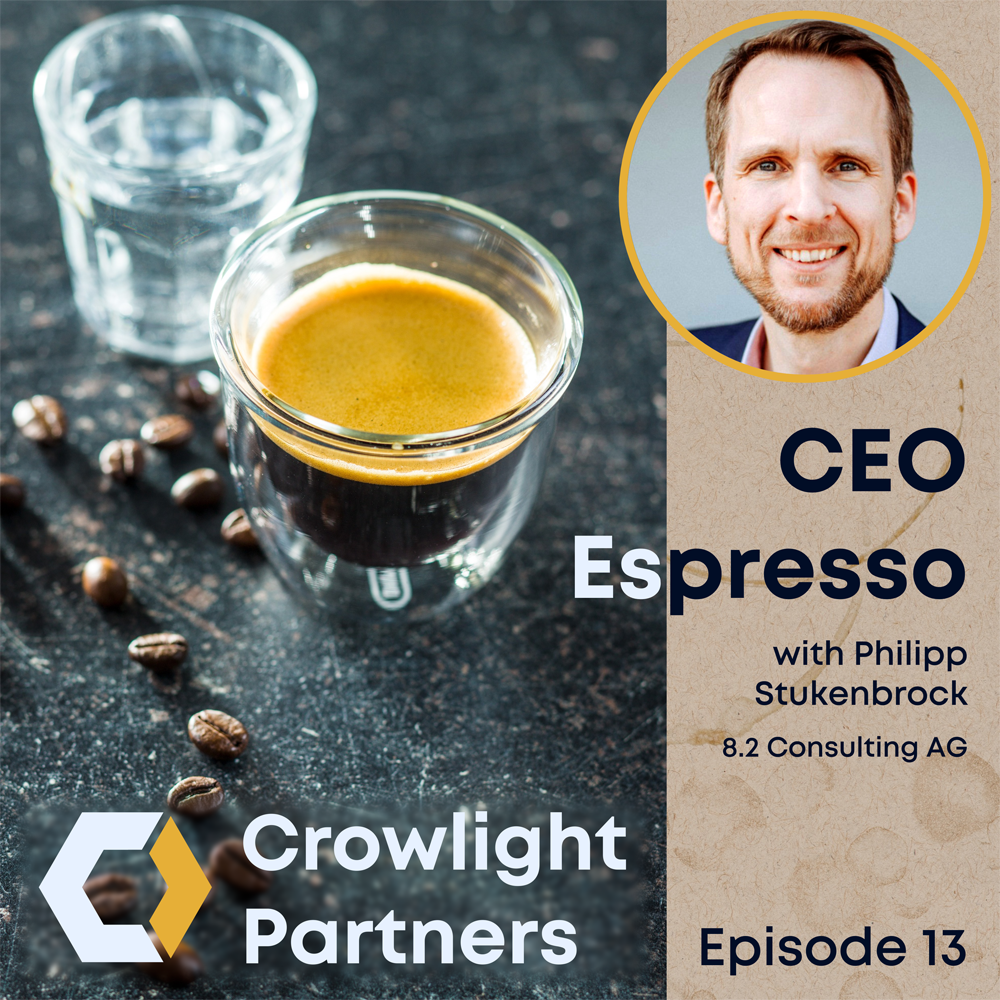13 November 2025
Frédéric Revah is CEO of Généthon, a global reference in gene therapy, built to translate genetic science into durable treatments for rare diseases. He brings a rare, end-to-end perspective on how early scientific choices shape manufacturing reality, regulatory paths, and long-term patient impact.
1. Progress of Genethon’s Gene Therapy Programs
Q: How are Genethon’s programs progressing, especially in neuromuscular diseases?
A: Genethon is currently advancing a robust pipeline of gene therapy programs with a strong focus on neuromuscular and metabolic disorders. One of the most significant recent achievements is the progression of the Duchenne muscular dystrophy (DMD) program, GMT-0004, into Phase 3. This represents the most advanced Duchenne gene therapy program in Europe. Early data from the dose-escalation cohorts show not only biochemical improvements, such as a roughly 75% decrease in circulating creatine kinase (CK), but also stabilization of motor function—an important indicator given the relentless progression of Duchenne.
Genethon is also progressing multiple additional neuromuscular programs toward pivotal readiness. In Crigler–Najjar syndrome, one of the longest-running clinical efforts, several treated patients have now been living for almost five years without requiring phototherapy. This represents a profound improvement in quality of life and a durable therapeutic effect.
“One boy climbed more than 600 steps of the Eiffel Tower — something untreated Duchenne patients simply cannot do.”
2. Clinical Impact and Dose Advantages
Q: What differentiates Genethon’s Duchenne gene therapy from other approaches?
A: A key differentiator of GMT-0004 is its dose efficiency. Compared to other leading programs in the Duchenne space, Genethon administers vector at much lower doses while achieving meaningful and durable clinical benefits. Specifically, the program uses a dose approximately four times lower than Sarepta’s SRP-9001 therapy and nearly seven times lower than RGX-202 from Regenxbio/Solid Biosciences. Lower dosing is clinically and commercially significant: it reduces the risk of immune-mediated toxicities, improves overall safety margins, and eases manufacturing demands, all of which contribute to a more scalable and sustainable therapy.
The differentiation is further reinforced by the fact that Sarepta’s Phase 3 trial did not achieve statistical significance on its primary endpoint. Against this backdrop, the stable motor function and biomarker improvements observed in Genethon’s early cohorts — coupled with the consistency of response across multiple clinical centers — provide strong confidence in the program’s therapeutic potential.
“Our effective dose is four times lower than Sarepta’s and nearly seven times lower than other programs.”
3. Challenges in the One-Shot Gene Therapy Model
Q: Why is the one-time gene therapy business model difficult to sustain?
A: While the vision of a one-time curative therapy has driven much of the field’s early excitement, the business model underlying a single-administration therapy is proving difficult to sustain. Because a one-time treatment must recoup the full cost of research, development, manufacturing, and risk within a single dose, pricing pressures inevitably rise to levels that strain payer budgets.
In addition, the biological and clinical reality of many diseases complicates the concept of a single-dose cure. Tissues regenerate, patients grow (especially pediatric patients), vector expression can decline over time, and the disease may continue progressing. These practical considerations create demand for re-dosing — something that most current AAV-based therapies cannot support due to long-lasting immunity.
The future of gene therapy is likely to shift toward re-dosable or chronic administration. This transition is being enabled by innovations such as lipid nanoparticles (LNPs), next-generation capsids with reduced immunogenicity, and improved immune-modulation strategies that may one day allow safe AAV re-dosing. Such solutions would shift gene therapy economics toward more traditional pharmaceutical models.
“Expecting to recoup an entire investment from a single injection is simply unsustainable.”
4. Ultra-Rare Diseases and New Funding Models
Q: What makes ultra-rare diseases especially challenging?
A: Approximately 85% of rare diseases fall into the category of ultra-rare disorders, each affecting fewer than one in 100,000 individuals. While the scientific rationale for treating these conditions is often strong, they are generally unattractive markets for pharmaceutical companies and venture investors, who require larger patient populations for meaningful return on investment.
For patient organizations like AFM-Téléthon, which founded Genethon, this creates a profound ethical dilemma. Families affected by ultra-rare diseases often have no available treatment options and struggle even to access clinical trials. Clinical development for ultra-rare diseases should be publicly reimbursed, as trial participation itself represents the only therapeutic pathway for these patients.
He stresses that expecting charities to shoulder full late-stage development costs is not viable. Government-level intervention and alternative funding models are needed to ensure equitable access.
“Do we really tell these families their children are not numerous enough to deserve treatment?”
5. Regulatory and Reimbursement Landscape
Q: How do regulators and payers shape the development pathway for gene therapies?
A: Regulatory agencies such as the EMA and FDA have demonstrated strong openness to innovation in the gene therapy space. Europe is not inherently more restrictive than the U.S.; in fact, several ATMPs reached European markets before being approved in the United States.
The more significant barrier is reimbursement. Given the high price of ATMPs, payers require rigorous evidence demonstrating superiority over standard of care, long-term functional benefit, and durable biological effect. Randomized, placebo-controlled trials, long-term follow-ups, and real-world data are essential components of the evidence package.
6. Partnership Strategy and Access to Patients
Q: How does Genethon approach partnerships and collaborations?
A: Genethon evaluates partnerships through a single primary lens: would a collaboration accelerate patient access? This reflects Genethon’s origins as a patient-driven research organization. When partnerships can shorten development timelines or enhance global reach, they are actively pursued. However, for ultra-rare diseases, commercial partnerships are often infeasible due to limited market potential.
7. Role of Artificial Intelligence in Gene Therapy
Q: How is AI transforming Genethon’s approach to research and development?
A: Artificial intelligence is playing an increasingly important role in Genethon’s R&D. The organization recently published work in Nature Communications demonstrating the ability to design novel AAV capsids with organ-specific tropism using AI-driven approaches.
AI is also being applied in manufacturing, where predictive models may eventually enable digital bioreactor concepts. In clinical research, Genethon is using AI to develop rare-disease patient data hubs with French hospitals, improving the understanding of disease trajectories and enabling more objective monitoring of therapeutic response.
“AI can process datasets that humans simply cannot — it will reshape discovery and development.”
8. Europe’s Competitive Position in Gene Therapy
Q: How competitive is Europe globally in gene therapy innovation?
A: Europe has longstanding roots in the field — including the world’s first successful gene therapy trial in Paris for the ‘Bubble Babies’ syndrome. Europe today benefits from a mature scientific ecosystem, industrial capabilities, and long-term government initiatives.
One of the most significant initiatives is ‘France 2030,’ which established five national bioclusters targeting key therapeutic areas. Genother [the gene therapy biocluster chaired by Revah] received €140 million in funding and brings together manufacturing platforms, clinical networks, and training infrastructures. Europe is increasingly attracting talent from the U.S., reflecting strong scientific momentum and greater financial stability.
9. Leadership Insights for Biotech Innovators
Q: What mindset and skills should biotech leaders develop?
A: Successful biotech leaders must be both scientifically visionary and operationally grounded. They should be deeply passionate about science yet avoid falling in love with their own hypotheses. Equally important is a thorough understanding of CMC, regulatory strategy, manufacturability, and patient pathways.
Leadership in gene therapy requires balancing bold innovation with practical execution — ensuring that great science can ultimately become a real, manufacturable, reimbursable therapy for patients.
“A biotech leader must stand at the intersection of innovation and execution.”





